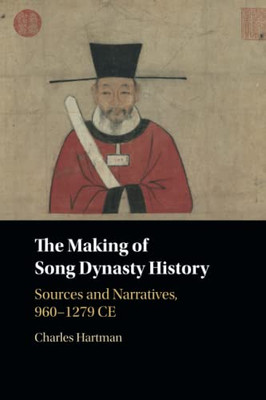Sale

The Making of Song Dynasty History: Sources and Narratives, 9601279 CE
$121.83
$115.22
Cambridge University Press





